Plant-based cellulose nanocrystals have remarkable inherent properties, and when combined with water, a powerful adhesive is formed that competes in strength with Superglue, without the need for toxic solvents.
Get the latest international news and world events from around the world.
The Elder Scrolls Online: Elsweyr — Official E3 Cinematic Trailer
The Season of the Dragon continues with The Elder Scrolls Online: Elsweyr and beyond. Dragons have emerged from the Halls of Colossus, and they now threaten to burn down all of Tamriel. Wielding powerful new weapons and abilities, unlikely allies must band together in order to defeat these legendary monsters.
The Elder Scrolls Online: Elsweyr is now live on PC/Mac, Xbox One, and PlayStation 4. Starting with the Wrathstone DLC game pack and ESO: Elsweyr Chapter (both now live), the Season of the Dragon continues with the upcoming Scalebreaker DLC and will conclude with the Dragonhold DLC late 2019. Keep an eye out for more information on both Scalebreaker and Dragonhold at Quakecon!
To learn more about The Elder Scrolls Online: Elsweyr, visit these sites:
Official Site: https://www.elderscrollsonline.com
Facebook: https://www.facebook.com/ElderScrollsOnline
Twitter: https://twitter.com/TESOnline
Instagram: https://instagram.com/elderscrollsonline
ESRB Rating: MATURE with Blood and Gore, Sexual Themes, Use of Alcohol, and Violence. Online interactions not rated by the ESRB.
ADASI reveals Garmousha a newly manufactured drone
Get to know “Garmousha”, the First Dron, with the UAE-made takeoff and landing feature.
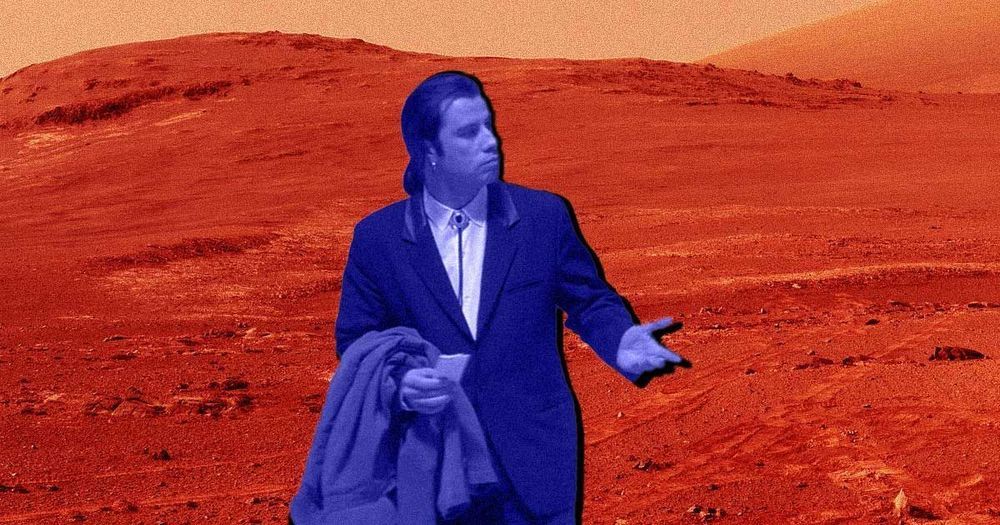
University Deletes Press Release Claiming Evidence of Bugs on Mars
“I, personally, have pareidolia with respect to insects, beetles in particular,” Maddison told Space.com. “I’ve worked on beetles for decades; I have collected many thousands of beetles around the world. Through the years I have built into my brain a pattern-recognition system for picking out beetles.”
In other words, Rosomer is probably wrong, even though he probably thinks he’s right.
“I do not think there are insects on Mars,” Maddison added. “The photographs that are in that press release you sent are entirely unconvincing, as they fall within the range expected in zillions of non-insect objects photographed in lowish resolution on a Marscape.”

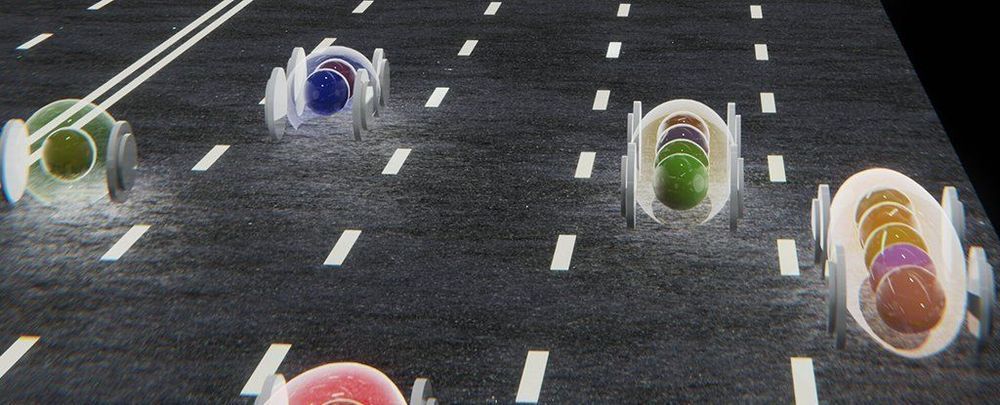
Scientists Have Discovered a Brand New Electronic State of Matter
Scientists have observed a new state of electronic matter on the quantum scale, one that forms when electrons clump together in transit, and it could advance our understanding and application of quantum physics.
Movement is key to this new quantum state. When electric current is applied to semiconductors or metals, the electrons inside usually travel slowly and somewhat haphazardly in one direction.
Not so in a special type of medium known as a ballistic conductor, where the movement is faster and more uniform.
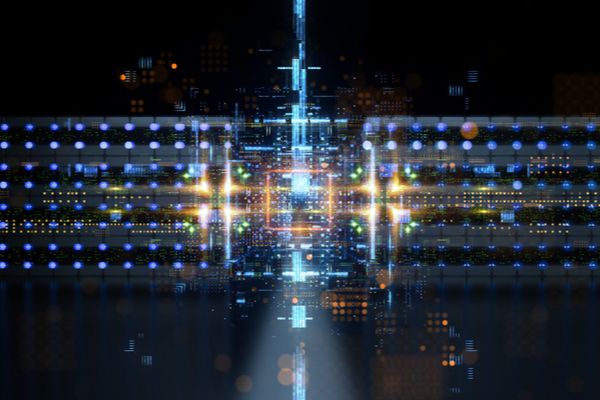
The view of quantum threats – from the front lines
Quantum computing might initially sound like a far-fetched futuristic idea, but companies such as Amazon, Google, and IBM are putting their weight behind it and preparations have begun. With quantum computing potentially within our reach, what will happen to our current security models and modern-day encryption? See what security experts are doing to prepare for quantum threats.
The future is here. Or just about. After a number of discoveries, researchers have proven that quantum computing is possible and on its way. The wider world did not pause long on this discovery: Goldman Sachs, Amazon, Google, and IBM have just announced their own intentions to embark on their own quantum developments.
Now that it’s within our reach we have to start seriously considering what that means in the real world. Certainly, we all stand to gain from the massive benefits that quantum capabilities can bring, but so do cybercriminals.
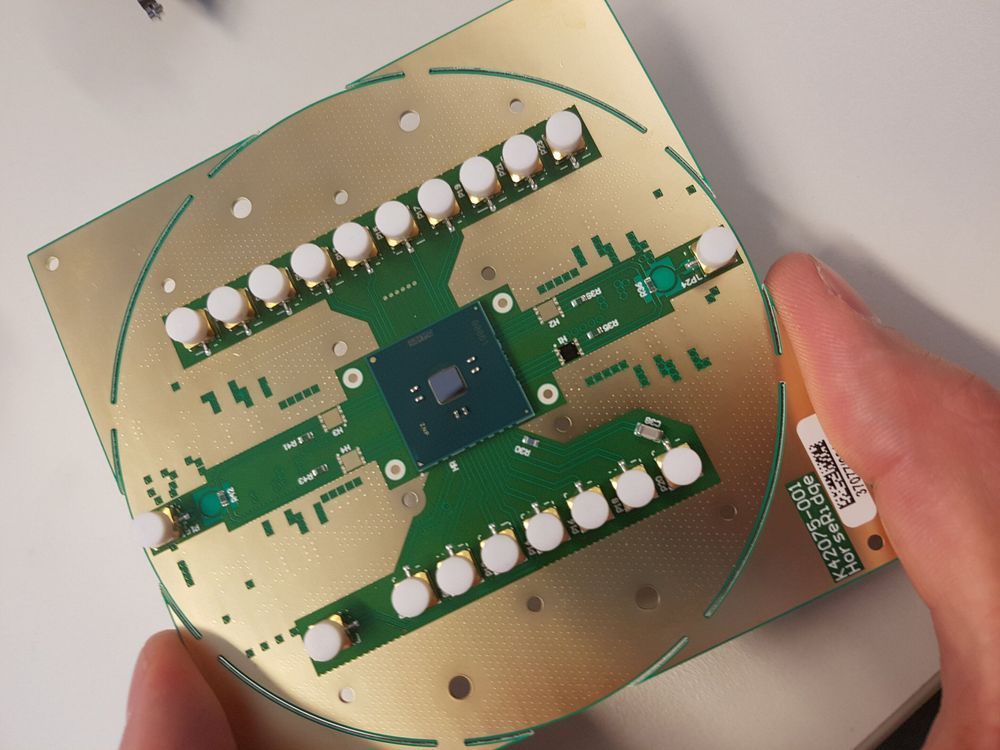
Cryo-chip overcomes obstacle to large-scale quantum computers
QuTech has resolved a major issue on the road toward a working large-scale quantum computer. QuTech, a collaboration of TU Delft and TNO, and Intel have designed and fabricated an integrated circuit that can controlling qubits at extremely low temperatures. This paves the way for the crucial integration of qubits and their controlling electronics in the same chip. The scientists have presented their research during the ISSCC Conference in San Francisco.
Quantum computers
“This result brings us closer to a large-scale quantum computer which can solve problems that are intractable by even the most powerful supercomputers. Solutions to those problems can make a strong impact on everyday life, for instance in the fields of medicine and energy,” said team lead Fabio Sebastiano from QuTech and the Faculty of Electrical Engineering, Mathematics and Computer Science.
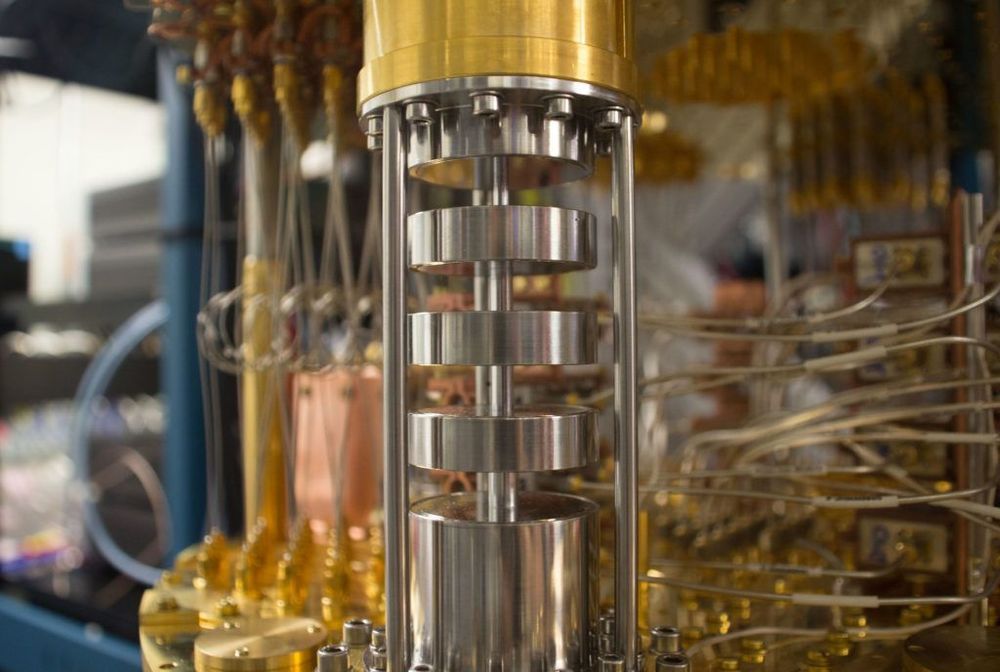
Why Quantum Computing Gets Special Attention In The Trump Administration’s Budget Proposal
Competition between the U.S. and China in quantum computing revolves, in part, around the role such a system could play in breaking the encryption that makes things secure on the internet.
Truly useful quantum computing applications could be as much as a decade away, Aaronson says. Initially, these tools would be highly specialized.
“The way I put it is that we’re now entering the very, very early, vacuum-tube era of quantum computers,” he says.
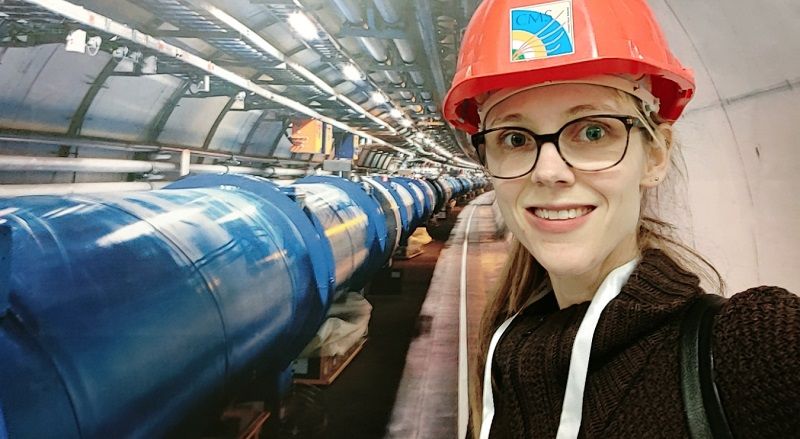
Berkeley Lab to Tackle Particle Physics with Quantum Computing
Massive-scale particle physics produces correspondingly large amounts of data – and this is particularly true of the Large Hadron Collider (LHC), the world’s largest particle accelerator, which is housed at the European Organization for Nuclear Research (CERN) in Switzerland. In 2026, the LHC will receive a massive upgrade through the High Luminosity LHC (HL-LHC) Project. This will increase the LHC’s data output by five to seven times – billions of particle events every second – and researchers are scrambling to prepare big data computing for this deluge of particle physics data. Now, researchers at Lawrence Berkeley National Laboratory are working to tackle high volumes of particle physics data with quantum computing.
When a particle accelerator runs, particle detectors offer data points for where particles crossed certain thresholds in the accelerator. Researchers then attempt to reconstruct precisely how the particles traveled through the accelerator, typically using some form of computer-aided pattern recognition.
This project, which is led by Heather Gray, a professor at the University of California, Berkeley, and a particle physicist at Berkeley Lab, is called Quantum Pattern Recognition for High-Energy Physics (or HEP.QPR). In essence, HEP.QPR aims to use quantum computing to speed this pattern recognition process. HEP.QPR also includes Berkeley Lab scientists Wahid Bhimji, Paolo Calafiura and Wim Lavrijsen.